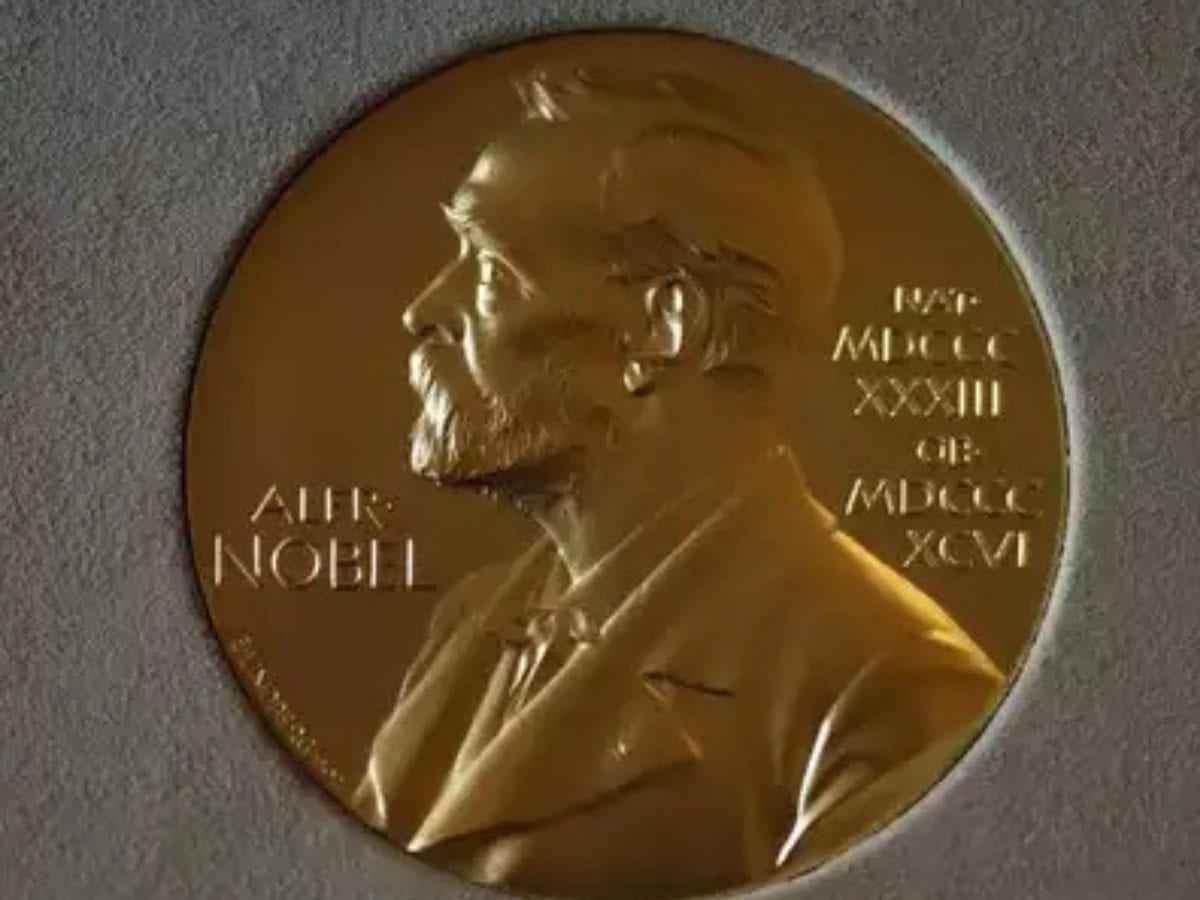
The 2024 Nobel Prize announcements began on Monday, October 7, recognizing groundbreaking contributions to humanity. The prestigious awards, established by Alfred Nobel to honour exceptional work across various fields, with recipients receiving a medal, diploma, and a cash prize of $1.1 million.
The Nobel Peace Prize was awarded to the Japanese anti-nuclear group Nihon Hidankyo, a grassroots organization of atomic bomb survivors from Hiroshima and Nagasaki.
Nihon Hidankyo was recognized for its tireless advocacy for a nuclear-free world and for bearing witness to the devastating impact of nuclear warfare. Founded in 1956, it is the largest organization of atomic bomb survivors in Japan. Through powerful testimonies, the Hibakusha, or survivors, have helped shape global perceptions, creating a “nuclear taboo” that stigmatizes the use of nuclear weapons as morally unacceptable.
The Nobel Prize in Literature has been awarded to South Korean author Han Kang for her “intense poetic prose that confronts historical traumas and exposes the fragility of human life.”
Han’s novel “Human Acts” (2014), which deals with the Gwangju Uprising of 1980, exemplifies her work by weaving multiple narratives to explore violence, resilience, and memory. The Nobel Committee praised her for capturing both the physical and mental dimensions of human suffering, often linking them to Eastern philosophical ideas.
In Chemistry, the Nobel Prize was awarded to David Baker, Demis Hassabis, and John M. Jumper for their pioneering work on proteins, the essential building blocks of life found in every cell of the body.
The Nobel Prize in Economic Sciences will be announced on October 14.
Earlier, the Nobel Prize in Physiology or Medicine was awarded to American scientists Victor Ambros and Gary Ruvkun for discovering microRNAs. In Physics, John J Hopfield (United States) and Geoffrey E Hinton (British-Canadian) were recognized for applying statistical physics to the development of artificial neural networks.
Brief history of the Nobel Prize
Alfred Nobel, an inventor, entrepreneur, scientist, and businessman, was also a poet and playwright. His diverse passions are reflected in the prize he founded, which he laid the groundwork for in 1895 through his final will, dedicating much of his wealth to its creation.
Since 1901, the Nobel Prize has recognized individuals from around the globe for exceptional contributions to physics, chemistry, physiology or medicine, literature, and efforts toward peace.



